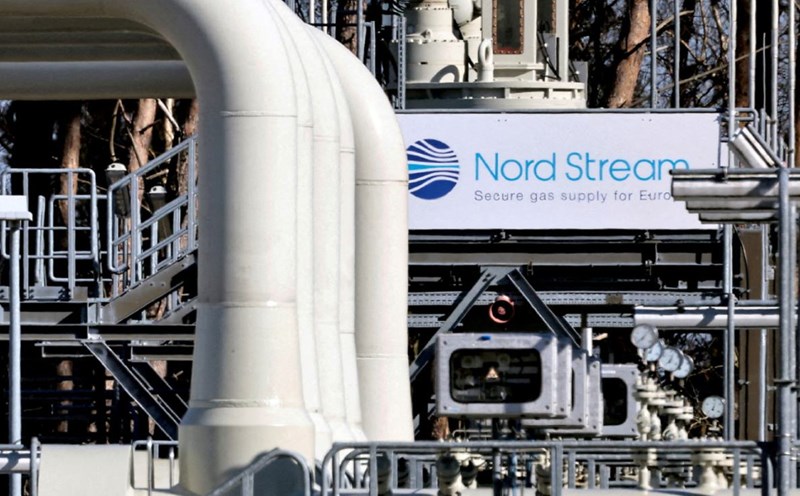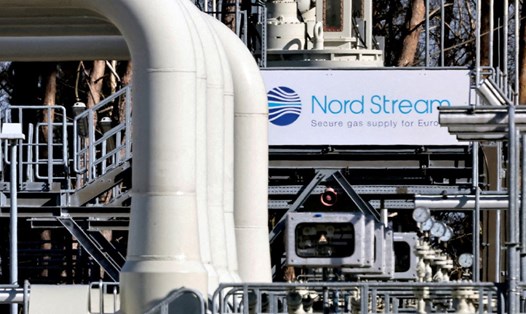Reuters reported that the Association of German Gas Exploiters (INES) warned that the provisions in the draft amendment could not only be unfair but also increase the risk of supply shortages in the coming winter.
According to the draft being circulated by the German Economy Ministry in preparation for the 2025-2026 winter, gas reserves will have to reach at least 80% of their occupancy rate by November 1.
However, six archives including Bad Lauchstädt, Frankenthal, Haehnlein, Rehden, Stockstadt and Uelsen are targeted at just 45%.
INES believes that this difference is unfair and distorts the operating standards between miners.
The above adjustments are being made to comply with the easing regulations that the EU just passed last month, allowing member countries to reduce 10% compared to the previous 90% fill requirement.
The regulation was originally applied from 2022, after Russia cut off gas supplies to Europe, forcing the EU to tighten reserves to ensure energy security. However, implementation reality shows that these requirements can cause huge costs, especially in the context of gas prices not yet completely cooling down.
Not only opposing the filling target at the beginning of the season, INES also criticized the "unreasonable" regulation of inventory at the end of the winter. The draft requires warehouses to have at least 30% of their capacity by February 1, 2026. However, four facilities - Bierwang, Breitbrunn, Inzenham-West and Wolfersberg - were required to be higher, up to 40%.
INES warned that high inventories at the end of the season could effectively suppress supply, especially if peak demand occurs in January or early February.
The need to maintain high reserves at some facilities could put the market under unnecessary stress at a time when gas is needed for heating and production, Reuters quoted an INES representative as saying.
In response to the criticism, the German Economy Ministry has yet to provide a specific response. The spokesperson of this Ministry said that the draft is still in the process of collecting opinions and has not been submitted to the cabinet.
However, public opinion believes that the adjustment of the gas storage law, even though it is technical, could have a widespread impact on the EU-wide energy market. As the largest gas consuming and reserves in the continent, any change in Germany's policy is likely to change the supply-demand balance across the bloc.











